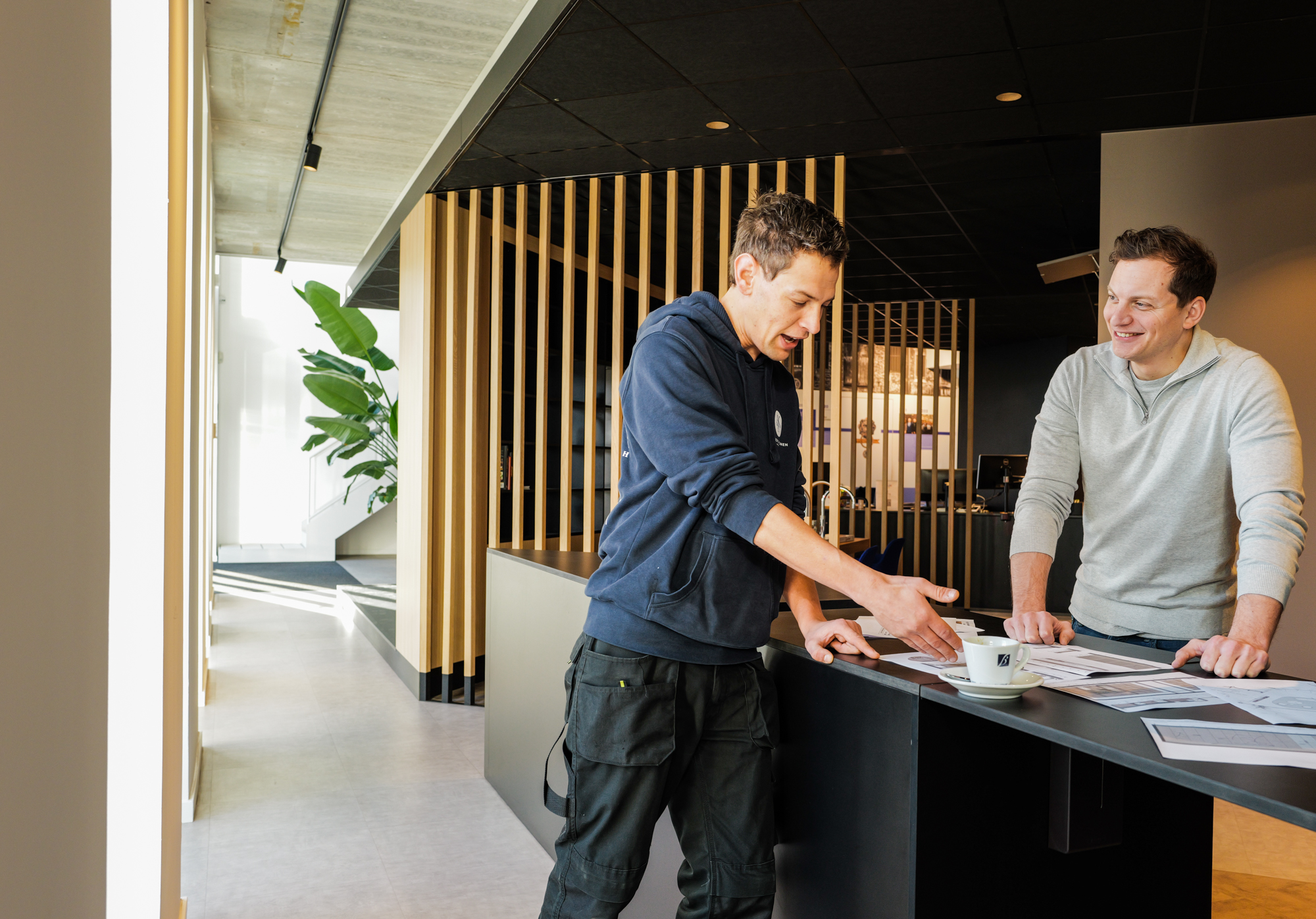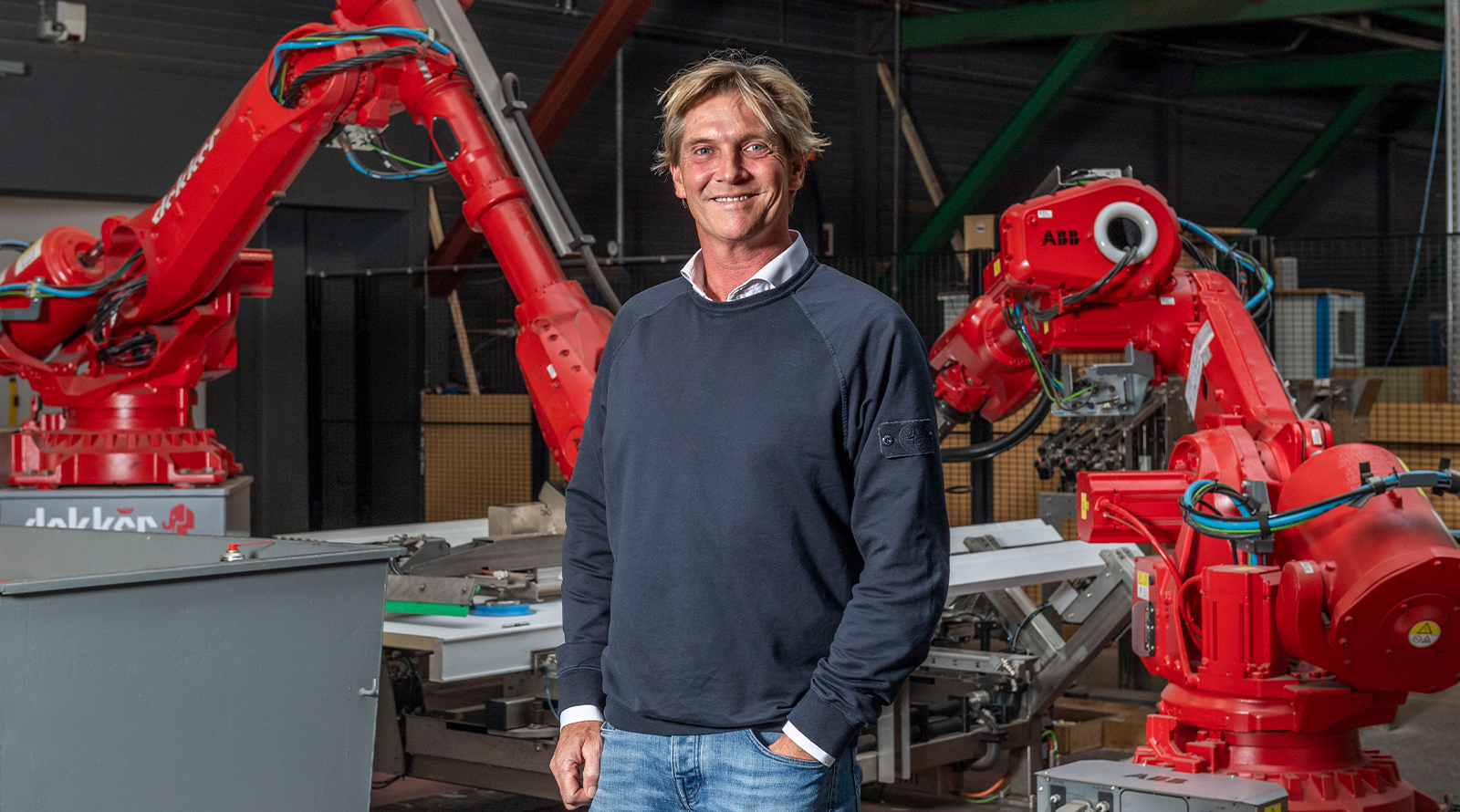How J. Kisch & Zonen uses AI to scale its 130-year-old furniture supply business
AI now handles the majority of recurring customer questions, reducing daily workload for the support team.
Employees spend less time on routine replies and more time helping customers with complex needs.
Kisch can now grow the business with the same team by using AI as a daily support tool.

J. Kisch & Zonen is a family-owned furniture supply company based in Amsterdam. For more than 130 years, they have delivered hinges, drawer slides, lighting and workplace components to furniture makers, shopfitters, hotel builders and office constructors across the Netherlands and parts of Europe. Today, the new generation is leading the company forward and looking for smarter ways to grow without increasing headcount.
Earlier this year, we visited their headquarters to speak with Jeremy Parsser, co-owner of the company. Watch the full video below and read on to get the highlights from our conversation.
Improving a family business with modern tools
Kisch may be celebrating its 130th anniversary, but the team is focused on what it takes to stay competitive today.
With a long history and a loyal customer base, Kisch wanted a way to work more efficiently while keeping the same close-knit team structure.
“I think AI is really important for us because we have a big heritage with our company,” explains Jeremy. “But that doesn’t tell you something about tomorrow. We want to improve every day.”
Wanting to grow the business without growing the team
The journey into AI did not begin with a specific problem, but with a desire to work smarter.
“I was already interested in AI for a long time and I read a lot of articles about it,” says Jeremy. “Then I started to check how I can integrate this into our company and how we can grow the company with the same team we have, but with smarter solutions.”
Customer support was one of the clearest opportunities. The team receives a large number of questions every day and most of them are repetitive.
“Customer support gets a lot of questions every day, but 80% of the questions are just the same.” – Jeremy Parsser, Co-owner
This meant valuable time was being spent on answering standard queries instead of helping customers with more complex issues.
Finding a partner that understands family businesses
Jeremy discovered Lleverage after reading an interview with the team and decided to reach out.
“From the beginning, the contact was really good. Lleverage really understood what we needed and how we can build this together,” Jeremy explains.
For Jeremny, it mattered that they worked with someone who understood their heritage, but also their speed.
Fast implementation with immediate results
Together, the teams quickly identified the best starting point and began building.
“In a few weeks we were already able to build something, so the implementation was really smooth.” – Jeremy Parsser, Co-owner
The impact was felt right away. AI now handles the large volume of repetitive support questions, giving employees more time for customers and more value-added work.
“My colleagues are really happy with the development of AI into our company,” Jeremy explains. “It really helps them to get their work done smarter but also faster, so they have more time to focus on the customer.”
A stronger foundation for the next generation
Jeremy sees AI as a key part of how J. Kisch & Zonen will continue growing as a small, agile team while maintaining the personal touch that has defined the company for more than a century.
“So far, we are very happy with the results from Lleverage.” – Jeremy Parsser, Co-owner
The company is now exploring other areas where AI automation can support the team and free up time, setting them up for another decade of strong service and sustainable growth.




